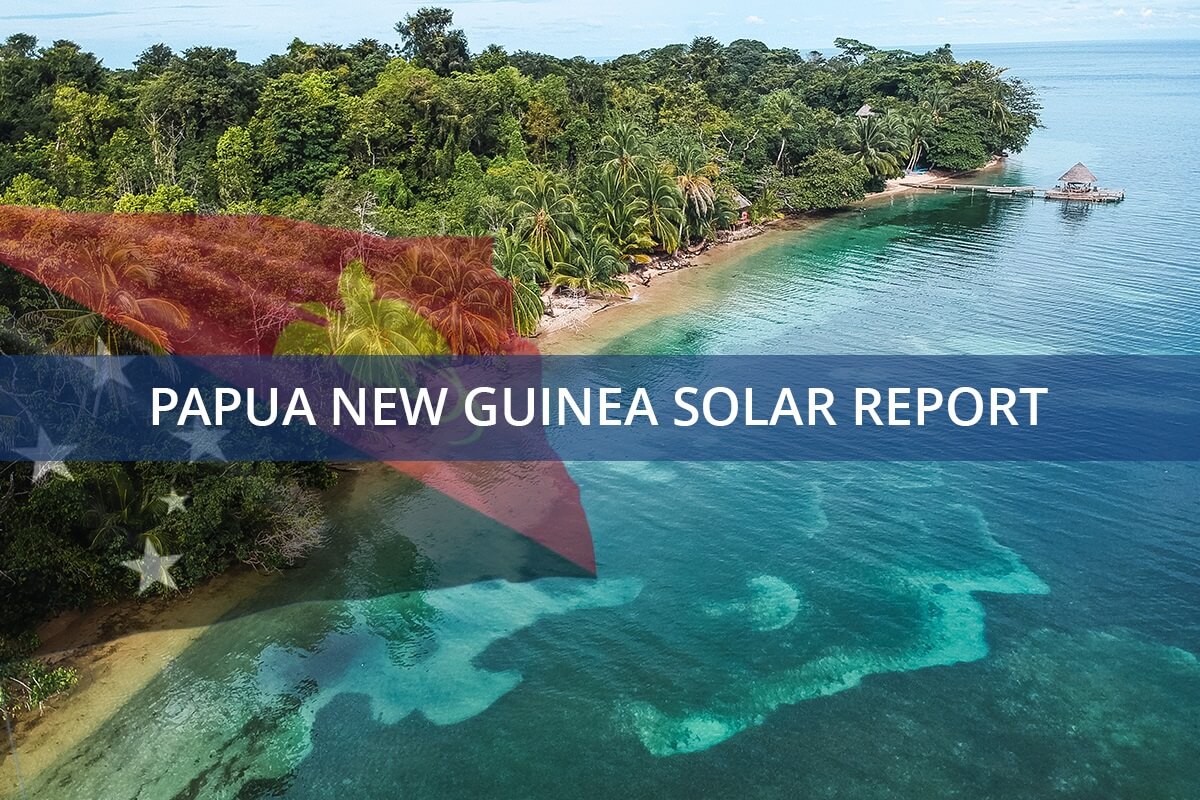Zambia is planning to connect 8.5 million people to solar mini-grids by 2030, with support from the International Monetary Fund (IMF). The plan aims to reduce load-shedding and provide clean energy to underserved areas, boosting the economy and enhancing climate resilience.
Zambia solar mini grids initiative for nationwide electrification
Zambia is on track to connect 8.5 million people to solar mini-grids by 2030, with help from the International Monetary Fund (IMF). This goal is part of Zambia’s broader strategy to reduce load-shedding and boost economic growth. The IMF’s support is crucial for Zambia’s energy sector. The global organization has been working closely with the Zambian government to develop a comprehensive plan that addresses the country’s energy needs. This plan focuses on increasing access to clean and reliable energy, particularly in rural areas.
By expanding solar mini-grids, Zambia aims to improve energy access for millions of people who currently live without electricity. These mini-grids will be powered by solar energy, providing a sustainable and environmentally friendly solution to the country’s energy challenges. More details about Zambia’s electrification strategy can be found here.
IMF’s support for Zambia solar mini grids and energy development
The IMF has been instrumental in supporting Zambia’s energy initiatives. The organization has provided technical assistance and financial support to help the country achieve its energy goals. This includes funding for the development of solar mini-grids, as well as capacity-building programs for local energy providers.
The IMF’s involvement in Zambia’s energy sector is part of its broader commitment to supporting sustainable development in low-income countries. By helping Zambia expand its renewable energy infrastructure, the IMF is contributing to the country’s long-term economic growth and environmental sustainability.
Zambia’s government has also played a key role in advancing the country’s energy agenda. Policymakers have prioritized the development of renewable energy sources, recognizing the importance of clean energy for economic growth and environmental protection. The government has implemented a range of policies and programs aimed at promoting renewable energy and improving energy access in underserved areas.
Economic and environmental benefits of Zambia solar mini grids
The expansion of solar mini-grids is expected to have a significant impact on Zambia’s economy. By providing reliable energy to rural communities, the mini-grids will support local businesses and create new economic opportunities. This is particularly important in a country where many people still rely on traditional energy sources, such as firewood and charcoal, which are both inefficient and harmful to the environment.
In addition to boosting economic growth, the solar mini-grids will also help Zambia reduce its carbon footprint. By replacing traditional energy sources with renewable energy, the mini-grids will contribute to the country’s efforts to combat climate change. This is in line with Zambia’s commitment to the Paris Agreement and its national climate action plan.
The success of Zambia’s solar mini-grid initiative will depend on continued support from the international community. The IMF has already committed significant resources to the project, but additional funding will be needed to ensure that the country meets its 2030 target. Other international organizations, as well as private investors, are also expected to play a role in financing the expansion of Zambia’s renewable energy infrastructure.
Challenges and future opportunities for Zambia solar mini grids expansion
Despite the progress made so far, Zambia still faces challenges in achieving its energy goals. The country will need to continue investing in its energy infrastructure and developing its capacity to manage and maintain the new solar mini-grids. This will require ongoing support from the IMF and other international partners, as well as strong leadership from the Zambian government.
The expansion of solar mini-grids is a key part of Zambia’s vision for a sustainable and prosperous future. By investing in renewable energy, the country is not only improving the lives of its people but also contributing to global efforts to combat climate change. With the support of the IMF and other international partners, Zambia is well on its way to achieving its 2030 energy goals and building a brighter future for its citizens.

